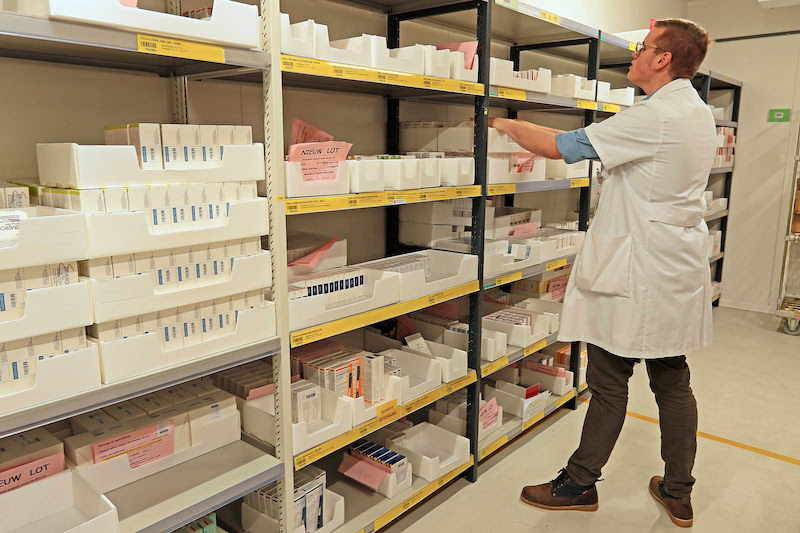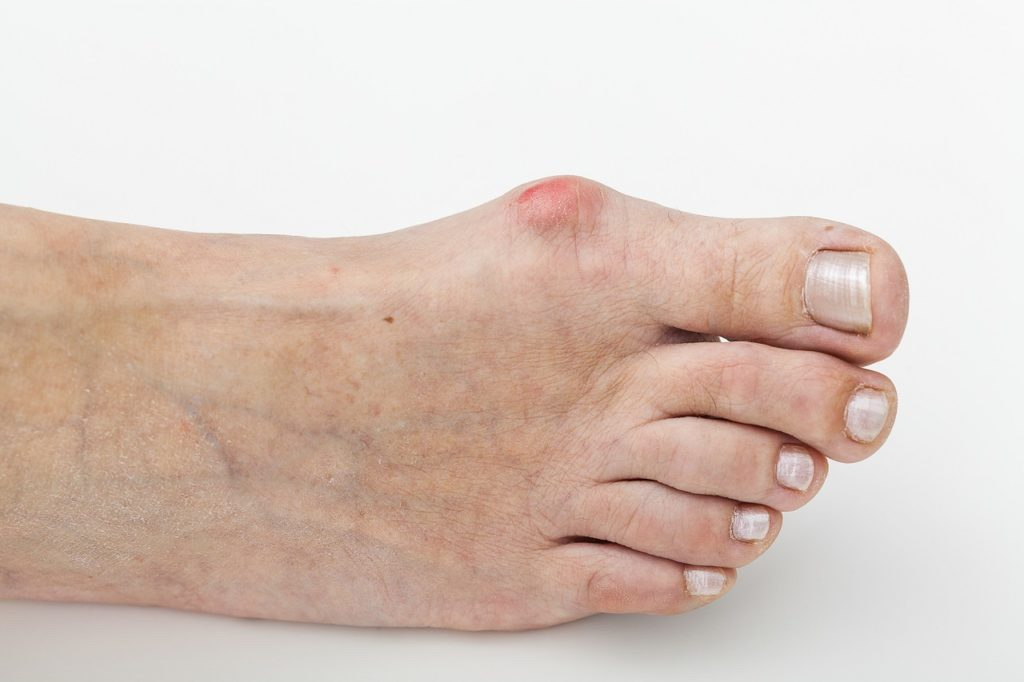
World physiotherapy day, what can a physiotherapist do for you?
At the beginning of the 19th century physiotherapy treatments were considered outside the limits of medical science, in pursuit of other kinds of treatments and surgical procedures.
In those days the treatment of heat, electrical stimulation and water-based applications were seen by some as something little useful or beneficial. It was not until World War II where began to appear some important advances, taking greater importance this discipline.
However it’s been several decades until physical therapy has gained recognition as a health discipline. Physical therapy is defined as “a discipline that provides a non-pharmacological alternative, to alleviate symptoms of multiple ailments, both acute and chronic, through therapeutic exercise, heat, cold, light, water, massage and electricity”, besides physical therapy helps people to keep fit throughout his life.
For this reason, and for the work of physiotherapists, it is important that each year on 8 September held the world physiotherapy day, commemorates the creation, in 1951, of the World Confederation for Physical Therapy (WCPT), advisory body of who which brings together more than 350,000 organizations integrated physiotherapists members in 106 countries.
The objective of this celebration is mainly to increase social awareness of the fundamental contribution of this healthcare profession in the maintenance of well-being, mobility and independence for people at any age. While physical therapists are known for the treatment of injuries, there are a variety of health problems that a physical therapist can help prevent and treat.
Benefits of physiotherapy
Physical therapists contribute actively to prevent pain, heart disease and stroke, diabetes, cancer, arthritis, Parkinson’s, spinal cord injuries, chronic respiratory diseases, injuries, amputations, using programs safe therapeutic exercises and appropriate recommendations.
Physiotherapy is of great help when we talk about neurological disorders, such as stroke, multiple sclerosis, cerebral palsy and lesion of the spinal cord. Physiotherapy intervenes in the correction or recovery of patients with problems resulting from these diseases. Interventions focus on muscle re-education, transfers, restoration and improvement of the March, as well as training in the use of mobility aids.
For children suffering from cerebral palsy, physiotherapy is essential to help reduce spasticity and deformities, improved postural control, train the child to use assistive devices and do whatever it takes to maximize the functional independence of this.




